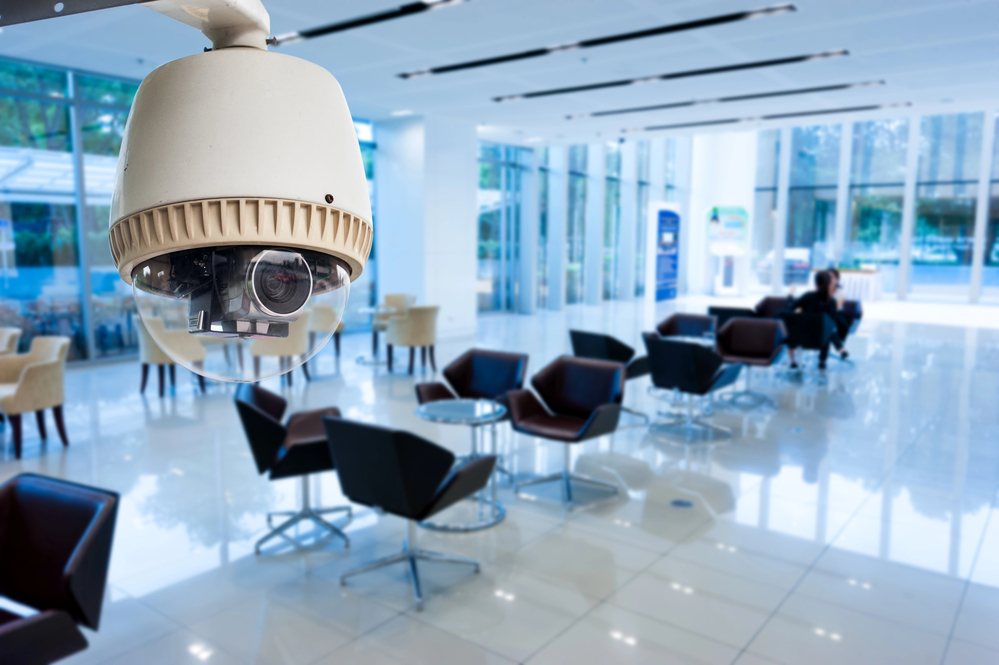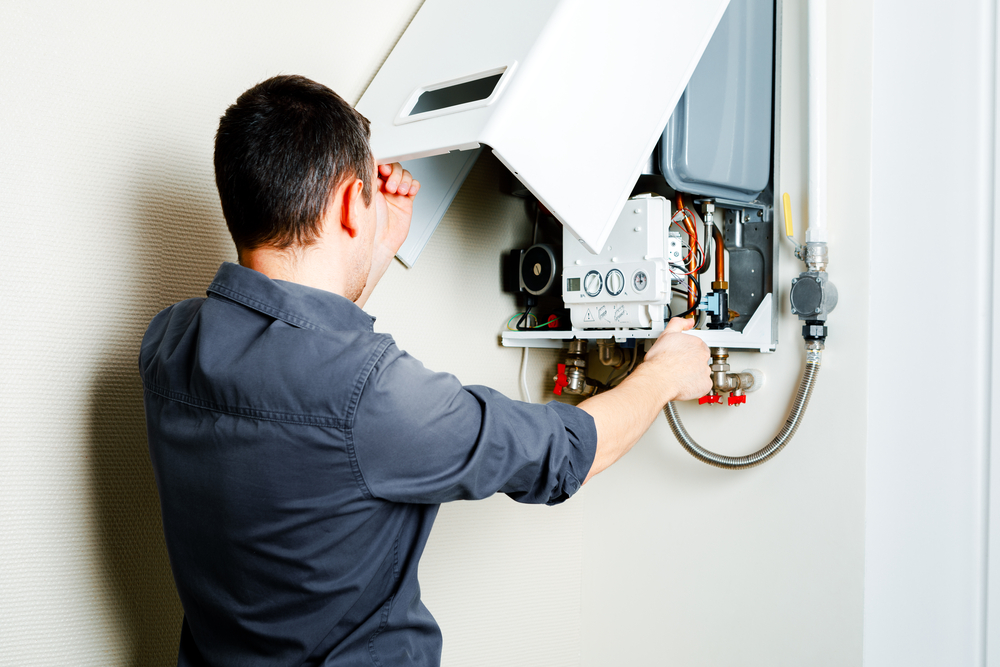The implementation of CCTV systems in office environments has become increasingly common, reflecting the growing emphasis on security and surveillance in the workplace. These systems offer a range of benefits from enhancing security to improving operational efficiency. However, their use also raises certain concerns and considerations.

Here, we explore the pros and cons of deploying CCTV systems in an office setting.
Pros
1. Enhanced Security and Deterrence The primary advantage of CCTV in an office is the significant enhancement of security. Cameras serve as a powerful deterrent to potential intruders and reduce the risk of theft, vandalism, and unauthorized access. Knowing that an area is under surveillance can discourage malicious activities before they occur.
2. Incident Documentation CCTV systems provide a reliable record of events, offering clear evidence in the event of security breaches, disputes, or incidents within the office. This documentation can be crucial for investigations, legal proceedings, or insurance claims, ensuring that there is an objective account of what transpired.
3. Employee Safety CCTV cameras contribute to the safety of employees by monitoring and recording any aggressive behavior, harassment, or other safety concerns. This can help in creating a safer workplace environment, reassuring staff that measures are in place to protect their well-being.
4. Operational Efficiency and Compliance Monitoring office operations through CCTV can identify inefficiencies, monitor workflow, and ensure compliance with safety regulations and procedures. It can also assist in managing access to restricted areas, ensuring that only authorized personnel enter sensitive zones within the office.
Cons
1. Privacy Concerns The most significant concern regarding the use of a commercial CCTV system in offices revolves around privacy. Employees may feel that constant surveillance infringes on their personal space and rights, leading to discomfort and a potential decrease in morale. It’s crucial to strike a balance between security and privacy, ensuring that monitoring does not overstep ethical boundaries.
2. Potential for Misuse There is always a risk that surveillance footage could be misused, whether through unauthorized access or inappropriate monitoring of staff. Such actions can lead to legal issues, damage to employee trust, and negative impacts on the office culture.
3. Cost and Maintenance Installing and maintaining a comprehensive CCTV system can be costly. High-quality cameras, storage for video footage, and regular maintenance add up, representing a significant investment for businesses. This may be a deterrent for smaller offices or those with limited budgets.
4. Overreliance on Technology There’s a risk of becoming overly reliant on technology for security, potentially neglecting other critical aspects like physical security measures and human vigilance. CCTV should complement, not replace, a comprehensive security strategy that includes various layers of protection.
In conclusion, while CCTV systems offer considerable benefits in enhancing office security, improving safety, and aiding in operational efficiency, they also present challenges related to privacy, potential misuse, and the costs of installation and maintenance.

